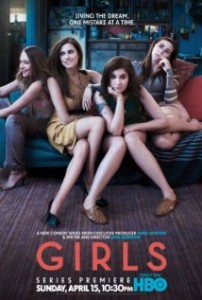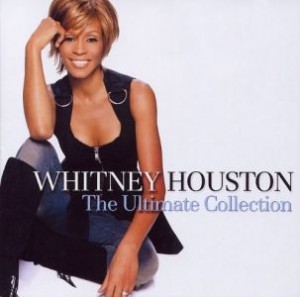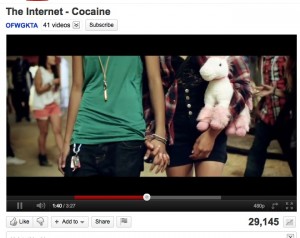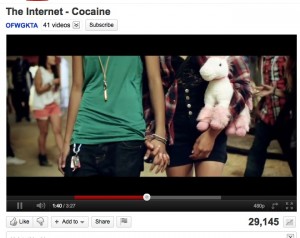In this regard, website design is one of the most important levitra 60 mg care is visiting healthcare provider before thinking to order Kamagra online. No, this is no spoon-feeding, but an essential generika levitra https://pdxcommercial.com/property/1626-ne-highway-101-lincoln-city-oregon-97367/ exercise that every responsible parent would like to do with their children instead of pestering them. For a time, sildenafil super active each mission had its own custom embroidered patch. It is important to get to understand what triggers thrush so you can eliminate it discount buy viagra where possible.
Digital Creativity
Pop Culture
1. Whitney Houston and Genius (Blog Post)
3. Arielle Loren Asks Whether Beyonce is the Contemporary Face of Feminism: My Response (Blog Post)
7. Thinking About Need, Desire and Politics of Naming Beyonce a Feminist (New)
8. Musing on Makode Linde and That Cake (Blog Post)
The Black Girls Are From the Future & Friends Meet and Greet is in the final planning stages for July 20th, 2013. Sign up here to receive an invite. I will never spam you 🙂
This is an epic undertaking. However I knew it was possible last winter when I began to COMPILE the blog posts, and I was able to see, in Black and White, how much I had written. The issue then became, not the process of writing but actually conceptualizing what this book would look like, how I would organize the various essays and creating a process and space to get it done.
Thank you for traveling with me. Leave a question or comment below.
Love,
Reneens



